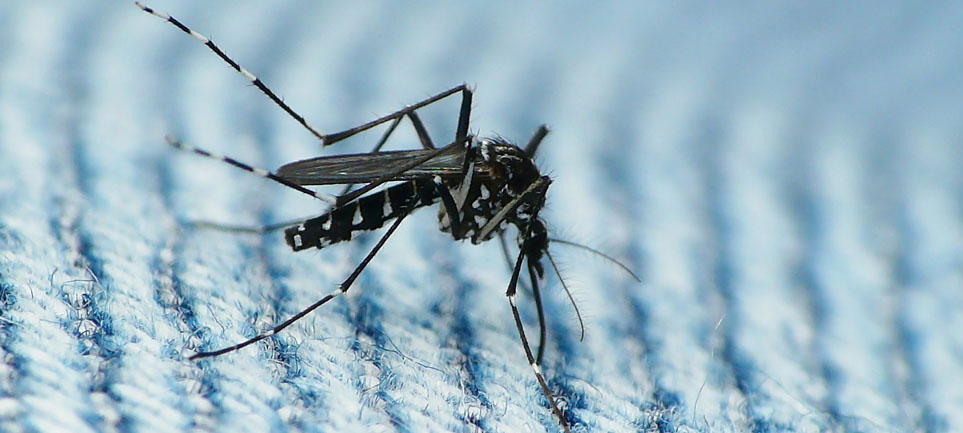Senior John Davis described it as a “sledgehammer moment.” As part of a team of Virginia Wesleyan College students, Davis had traveled to Nicaragua on a mission trip during spring break. The group of students was visiting House of Hope, a safe house for women and children escaping prostitution.
There, Davis met and heard the story of a five-year-old girl recently rescued from a brothel. He felt as if he had been hit with a sledgehammer.
“At five years old, my biggest problem was trying to get home by 5 p.m. to watch ‘Arthur’ on PBS,” Davis said.
Davis has gone on the Nicaraguan trip three years in a row. He introduced House of Hope’s founder and international director, April Havlin, when she spoke in the Pearce Hospitality Suite at Virginia Wesleyan on Sept. 29.
Havlin, her husband and their 19-year-old son moved to Nicaragua as independent missionaries in 2001. It did not take them long to notice that prostitution is common there, and ensnares even the very young. Sixty-six percent of Nicaraguan prostitutes begin by the age of 11, Havlin said.
Havlin said that Nicaragua is one of the two poorest countries in South America, along with Haiti. A professional in Nicaragua earns about $30 a day. Many women there find prostitution the only viable way to survive.
In response to these conditions, the Havlins began expanding an existing outreach in the capital city of Managua. They help Nicaraguan women and children learn vocational skills, and provide the means for children to stay in school, such as school uniforms. In 2004, they began building, and in 2007, opened a residential program for those escaping the sex trade.
Havlin said the women also have a workshop at House of Hope, where they make merchandise such as greeting cards and jewelry. She said they are joyful when they receive their first pay packet from the workshop. “Often it’s the first dignified money they have ever had in their life,” she said.
Over the years, House of Hope has prospered. According to Havlin, Two new locations have recently opened, in Cochabamba, Bolivia, and in San Pedro Sula, Honduras.
VWC Chaplain Greg West has led about 44 students to Nicaragua during spring break over the past four years. They always spend a few days helping out at House of Hope. West invited Havlin to speak at VWC since she was visiting the U.S. on a fundraising tour. “People don’t know about the conditions in Nicaragua,” West said, “and if they don’t know, they can’t help.”
Sarah Antozzi

